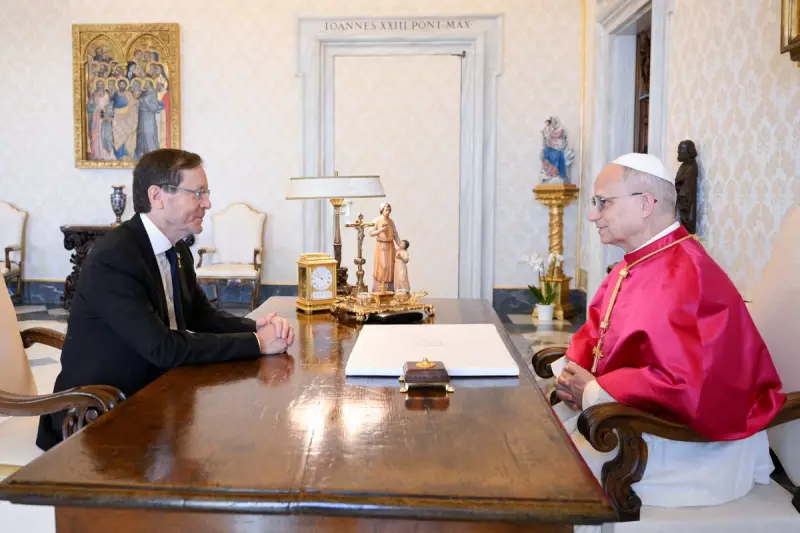
A significant diplomatic rift has opened between the Vatican and Israel, following controversial remarks made by Pope Francis about the ongoing conflict in Gaza. The pontiff's choice of words has led to a formal diplomatic reprimand.
The Israeli foreign ministry took the unusual step of summoning the Vatican's ambassador, Archbishop Adolfo Tito Yllana, for a formal meeting. This move came directly in response to the Pope's recent statements, which Israeli officials found deeply objectionable.
The Language of Conflict
During a general audience, Pope Francis was quoted using the word 'carnage' to describe the humanitarian situation and the impact of military operations in the Gaza Strip. This terminology struck a particularly raw nerve with the Israeli government, which is engaged in a complex and bloody conflict with Hamas militants.
An Israeli foreign ministry spokesman stated that the country's officials 'expressed their displeasure' at the Pope's comments during the meeting with the Vatican's envoy. The language was deemed unacceptable and not conducive to fostering peace and understanding in the region.
The Vatican's Diplomatic Position
The Holy See has maintained a consistent position calling for peace in the Middle East and expressing concern for civilian casualties on all sides. However, the Pope's recent remarks represent some of his strongest language to date regarding the Gaza conflict.
This incident highlights the delicate balancing act the Vatican must perform in its diplomatic relations, particularly when commenting on active military conflicts involving allied nations.
The summons of a papal nuncio is a rare diplomatic gesture, indicating the seriousness with which the Israeli government has taken the Pope's comments. It represents a significant moment in Vatican-Israeli relations, which have historically been complex.
As of now, the Vatican has not issued any public response to Israel's diplomatic protest. The situation continues to develop, with observers watching closely to see if this diplomatic spat will have longer-term implications for Catholic-Jewish relations and the Vatican's role as a mediator in Middle Eastern conflicts.






